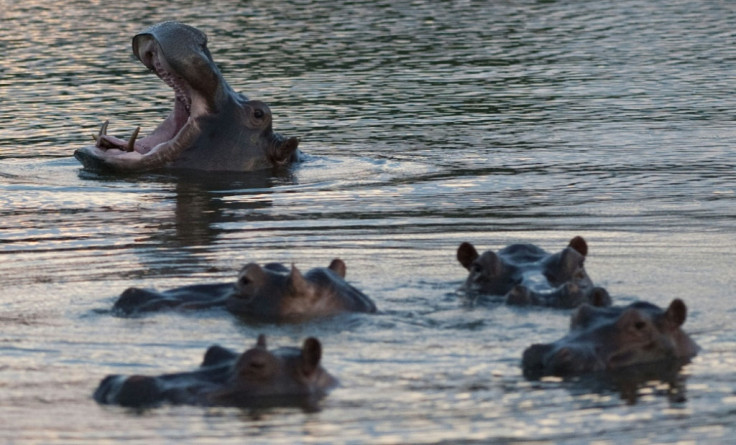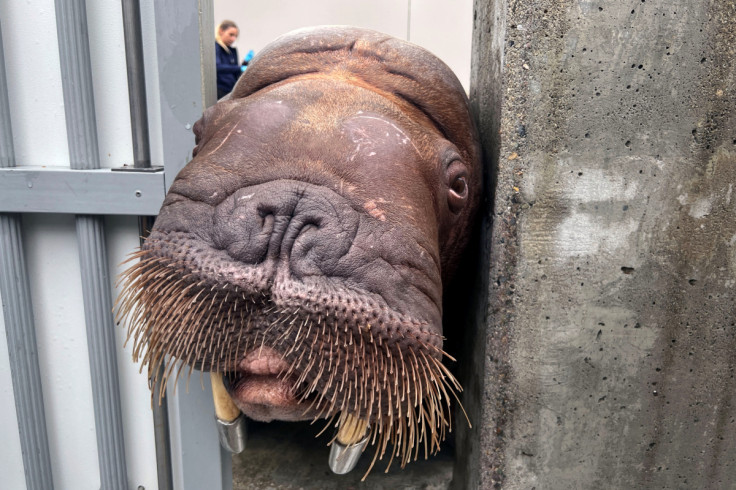Five new species set to be protected under the Ivory Act
An extension to the Ivory Act 2018 will enable greater protection of endangered species including the hippopotamus and walrus, the government announced today.

Due to an extension to the Ivory Act 2018, five new species – the hippopotamus, walrus, orca, narwhal and sperm whale – are all set to receive greater legal protection in the UK government's world-leading ban on the dealing, importing and exporting of ivory.
News of this extension was announced today by the Department for Environment, Food and Rural Affairs (DEFRA) which followed a lengthy consultation and the approaching one-year anniversary of the ivory ban.
The Ivory Act 2018, which was enforced in June last year, deems it a criminal offence to those dealing with ivory products in any way, profitable or otherwise. This includes the selling or purchasing of ivory, hiring ivory, offering or arranging to keep ivory for hire, and the importation or exportation of ivory. Those found guilty of breaching the Act without a valid exemption certificate can face strict penalties, including unlimited fines and even facing a five-year prison sentence.
Trudy Harrison, the Biodiversity Minister, has amiably commented on this extension, saying: "This is a pivotal moment in delivering one of our key manifesto commitments on international conservation.
"The Ivory Act is one of the toughest bans of its kind in the world and by extending greater legal protections to five more species, we are sending a clear message the commercial trade of ivory is totally unacceptable."
Harrison continued by saying: "The UK has long led the way in conservation and our ban shows continued global leadership in doing all we can to protect the world's most endangered species."

The hippopotamus, walrus and sperm whale in particular are listed on the International Union for the Conservation of Nature's (IUCN) red list as being vulnerable. However, all five species are now listed under the Convention on International Trade in Endangered Species of Fauna and Flora (CITES), a multilateral treaty that protects endangered plants and animals from the threat of international trade.
British naturalist and explorer, Steve Backshall MBE, also comments on the extension, saying: "This is an important moment in the conservation of these iconic species."
Backshall continues: "There is widespread public support for the Ivory ban and today by extending it further we are sending a clear message that there is no place in the UK for this vile trade."
The Head of Campaigns and Programmes at IFAW UK, Frances Goodrum, comments: "As we approach the one-year anniversary of the UK Ivory Act coming into force, IFAW UK are encouraged by early indications that the ban is having a significant impact on the trade in elephant ivory.
"Yet other species are still poached globally to meet an unnecessary demand for 'luxury' ivory products, including the hippopotamus, walrus, narwhal, sperm whale and killer whale."
Goodrum continues: "We welcome DEFRA's decision to extend this powerful legislation, which will go a long way in cracking down on a damaging trade. Today is a good day for conservation and a step change towards international commitments to safeguard our natural world."
Thousands of these beautiful and captivating creatures are cruelly and unnecessarily targeted for their ivory every year for financial gain. With this extension in place, the most endangered species in the world can be protected from illegal poaching, suffering excruciating pain and the threat of extinction.
© Copyright IBTimes 2025. All rights reserved.






















